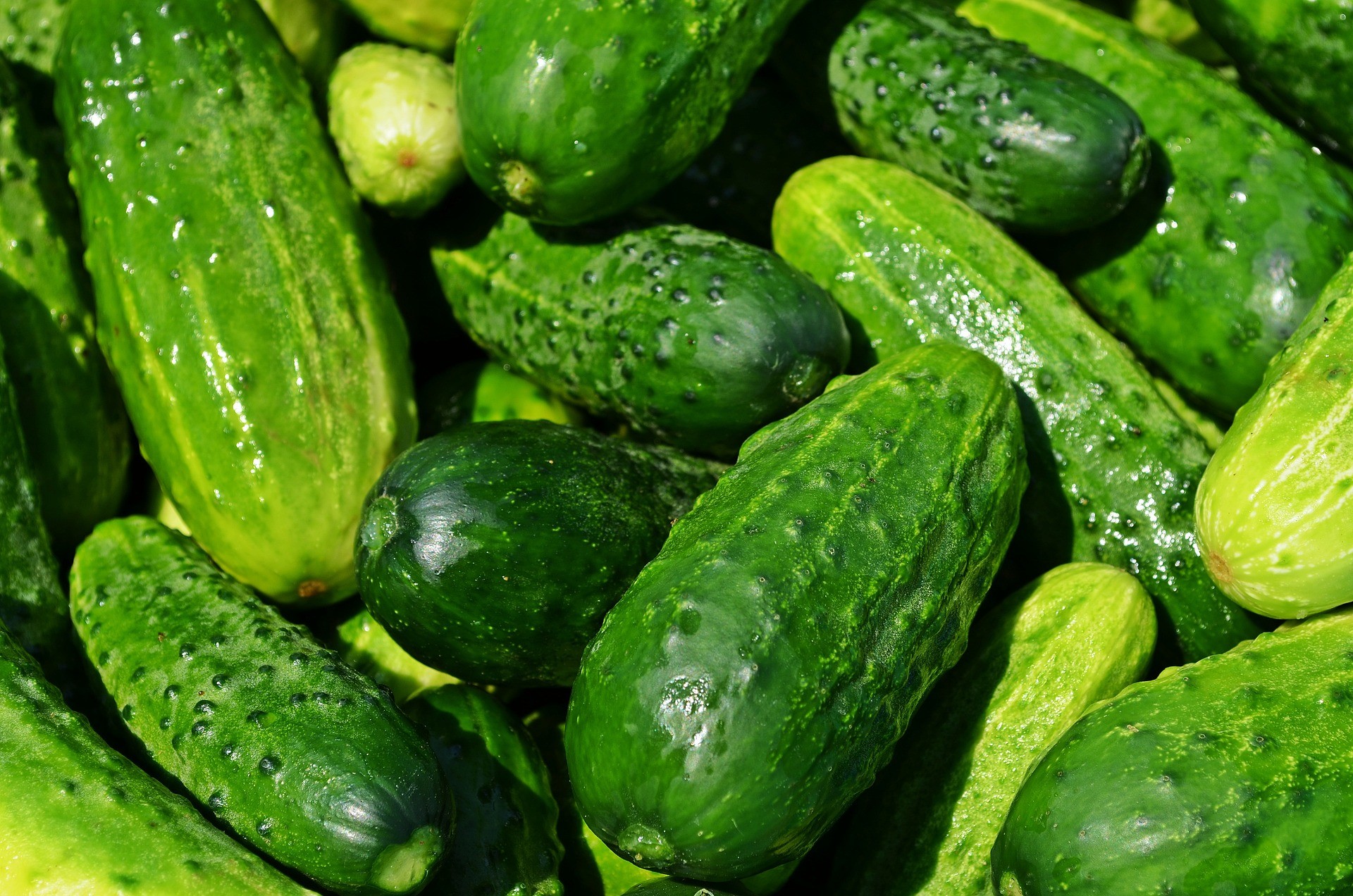Temporary UK Work Visas
UK Work Visas in 2023: UK Work Visas without a Job Offer
Currently, there are over 31 different types of UK Work Visas that we can subdivide into 5 main categories:
- UK Work Visas without a Job Offer
- UK Work Visas with an Overseas Employer
- Temporary UK Work Visas
- UK Work Visas to Start a Business in the UK
- Other Categories of UK Work Visas
In this series of articles, you’ll get an overview of all these visa types that will help you understand the purpose of each visa route and decide if this route is for you.
This article covers the following six Temporary UK Work Visa routes:
- Seasonal Worker
- Government-Authorised Exchange Worker
- Creative Worker
- Religious Worker
- Charity Worker
- International Agreement Worker
Common Features
As with UK Work Visas with an Overseas Employer, all temporary work visa routes are, first of all, temporary. Secondly, none of them will allow you to settle in the UK. Also, Seasonal Workers will not be able to come to the UK with their dependents.
3.1 Seasonal Worker

This is a popular route for those who want to come to the UK to do seasonal horticulture or poultry production work. A person on the Seasonal Worker route can stay for a maximum period of six months in any 12-month period if they are working in a role in the horticulture sector. If they are a poultry production worker, they can stay for a period of time beginning no earlier than 2 October and ending no later than 31 December each year.
You need to apply for a poultry Seasonal Worker visa by 15 November each year. You can apply for horticulture Seasonal Worker visas at any time of year.
To succeed in this type of application, you’ll need to prove that:
- You have a Home Office registered and approved sponsor who issued a valid certificate of sponsorship within less than 3 months from the date of your visa application.
- You have at least £1,270 that was in your bank account for at least 28 days before the date of the application. Day 28 has to be within 31 days of applying for this visa. You don’t need to meet this requirement if your Sponsor agrees to support you financially for the first month of your stay in the UK. In this case, they will need to complete the ‘sponsor certifies maintenance’ section on your certificate. This is under ‘Additional data’.
Work in the Horticulture Sector
In your Certificate of Sponsorship, your prospective employer (the Sponsor) needs to confirm that you work either in the horticulture or poultry sector.
Work in the horticulture sector means those growing:
(i) Protected Vegetables – those grown in glasshouse systems; or
(ii) Field Vegetables – those grown outdoors, including vegetables, herbs, leafy salads and potatoes; or
(iii) Soft Fruit – those grown outdoors or under cover, e.g. in glasshouses or polytunnels. Includes strawberries, raspberries, blackcurrants, blueberries and all ribes and rubus species; or
(iv) Top Fruit (Orchard Fruit) – trees that bear fruit, e.g. apples, plums, cherries, apricots; or
(v) Vine and Bines – both twining or climbing flexible stems of certain plants, e.g. hops is a bine, and grapes is a vine; or
(vi) Mushrooms – typically covers Agaricus bisporus species but can also include more exotic species (typically grown indoors); or
(vii) Bulbs and cut flowers, such as daffodils, grown outdoors and indoors; or
(viii) Pot plants, such as seasonal bedding plants like pansies, violas, geraniums and poinsettias; or
(ix) Hardy ornamental nursery stock such as Christmas trees, shrubs, roses, ornamental trees and perennials; or
(x) Tree and forest nurseries.
Work in the Poultry Production Sector
If you would like to work in the poultry section, your need to prove that you will be undertaking one of the following roles:
(i) Butcher (occupation code 5431); or
(ii) Bird/game dresser (occupation code 5433); or
(iii) Killer and plucker (occupation code 5433); or
(iv) Plucker (occupation code 5433); or
(v) Poulterer (occupation code 5433); or
(vi) Poultry processor (occupation code 5433); or
(vii) Poultry sticker (occupation code 5433); or
(viii) Trusser (occupation code 5433); or
(ix) Food operative (occupation code 8111); or
(x) Poultry catcher/handler (occupation code 9111); or
(xi) Poultry vaccinator (occupation code 9119); or
(xii) Poultry meat packer (occupation code 9134); and
How Much Your Employer Needs to Pay You
There are certain rules with regard to salary.
First of all, your Sponsor will need to confirm that you will get at least £10.42 for each hour worked. Secondly, if you intend to work in the horticulture sector or under occupation codes 8111, 9111, 9119 or 9134 in the poultry production sector, you will need to receive at least 32 hours of paid employment each week.
Finally, if you intend to do a job with an occupation code 5431(butcher) or 5433 (bird/game dresser), your employer will need to pay you at least the equivalent of £26,200 per year.
3.2 Government-Authorised Exchange Worker
This temporary UK Worker route is for a person who wishes to come to the UK on one of the approved schemes. Currently, there are 35 schemes under which you can apply. You can find a complete list of these schemes here.
Also, your sponsor can be a higher education institution (if you are a sponsored researcher, visiting academic or an examiner) or a government department or agency.
To qualify, you will need to have a Home Office authorised and approved sponsor who issued a Certificate of Sponsorship no later than 3 months before the date of your visa application.
A Certificate of Sponsorship is not a paper document. It’s a reference number your sponsor gives you, which confirms your job and personal details.
Your work, training or research in the UK will need to relate to the work of your sponsor organisation.
Additionally, if your sponsor does not provide you with financial support for the first month of your stay in the UK, you’ll need to provide evidence confirming that you have at least £1,270 that was in your bank account for at least 28 days. Day 28 will have to be within 31 days of applying for this visa.
3.3 Creative Worker

This relatively new UK Work Visa route will allow you to come to the UK to work within the creative sector.
A Creative Worker is someone who can make a unique contribution to the UK’s cultural life. For example, you can apply under this route as an artist, dancer, musician or entertainer or as a model contributing to the UK’s fashion industry.
If your application is successful, you will get permission to enter the UK for up to 12 months initially. Then you can apply to extend your stay up to a maximum of two years if you are still working for the same sponsor. Unlike the previous two routes, the creative worker route allows you to invite your partner and children as your dependents.
Another unique feature of this route allows non-visa nationals to travel to the UK without for visa first. That is provided they have a valid Certificate of Sponsorship from an approved sponsor for the Creative Worker route. Also, you’ll need to prove that you have consecutive engagements and that the total length of all the periods of engagement, together with any gap between those engagements, is three months or less. Additionally, you will also need to prove that you meet all other eligibility requirements for this application.
They include:
- having a Certificate of Sponsorship reference number;
- being paid the minimum salary as set by Equity, PACT or BECTU (except for models, musicians or circuses)
- having enough money to support yourself in the UK. This means that you’ll usually need to have at least £1,270 available unless your sponsors agreed to cover this and confirmed it accordingly in your Certificate of Sponsorship.
Where you apply as a creative worker, operating in dance, theatre, film and television, or as a model in the fashion industry, your sponsor should follow the relevant code of practice that you can find here.
3.4 Religious Worker
This route is for you if you would like to come to the UK to support the activities of religious institutions by conducting religious work, such as working in a religious order or undertaking non-pastoral work for a religious organisation. If your application is successful, you can stay in the UK for up to a maximum of two years. You can bring your spouse and dependent children under 18 under this route.
If your engagement in the UK involves leading a congregation in performing rites and rituals and preaching the essentials of the creed as its core duties, then this route is not for you. You should apply as a Minister of Religion under the T2 Minister of Religion route instead.
As with all other temporary routes, you will need a sponsor and a valid Certificate of Sponsorship to apply. A valid Certificate of Sponsorship means that a Home Office-registered and licenced Sponsor issued it within no more than 3 months from the date of your visa application. You can check if your sponsor is on the Home Office register here.
Also, you’ll need to have enough money to support yourself in the UK. Unless your sponsor agreed to cover the financial part, you’d usually need at least £1,270 available. In this case, they’ll need to confirm this information in their Certificate of Sponsorship.
3.5 Charity Worker
The Charity Worker route is for a person who wants to come to the UK to do voluntary work for up to 12 months.
To qualify, you will need to have a Home Office registered and licenced sponsor.
The sponsor needs to issue a valid certificate of sponsorship within not more than 3 months from the date of the application.
Also, your sponsor will need to ensure that your role:
- contributes directly to the achievement or advancement of the sponsor’s charitable purpose; and
- it is a voluntary (not paid for) or otherwise remunerated work, except for reasonable expenses as defined in the National Minimum Wage Act 1998; and
- you will not be filling a permanent position, including on a temporary basis.
Also, the Home Office will check if you meet the ‘genuineness requirement’. In other words, that you genuinely intend to undertake the role for which you are being sponsored. Additionally, you’ll need to prove that you do not intend to undertake any other employment.
The financial requirement is exactly the same as for the applicants under other temporary worker routes.
3.6 International Agreement Worker
The International Agreement route is for a person who wants to come to the UK to provide a service covered under international law, such as private servants in diplomatic households or employees of overseas governments and international organisations.
If your application is successful, you can stay in the UK for up to 2 years. You can bring your partner and dependant children (not married, under 18). However, this route does not lead to settlement.
You can apply as an International Agreement worker if you:
- have a Certificate of Sponsorship reference number. A Home Office registered and licensed Sponsor will have to issued this certificate.
- have enough money to support yourself in the UK. You’ll usually need to have at least £1,270 available unless your sponsor agreed to cover this part.
- are 18 or over when you apply
As with the previous route, you’ll have to meet the genuineness requirement. It means that you will need to prove that you genuinely intend to, and be able to, undertake the role for which they are being sponsored. Also, that you do not intend to undertake employment other than in the role for which they are being sponsored.
Continue reading about the next category of UK Work Visas in 2023 HERE.
